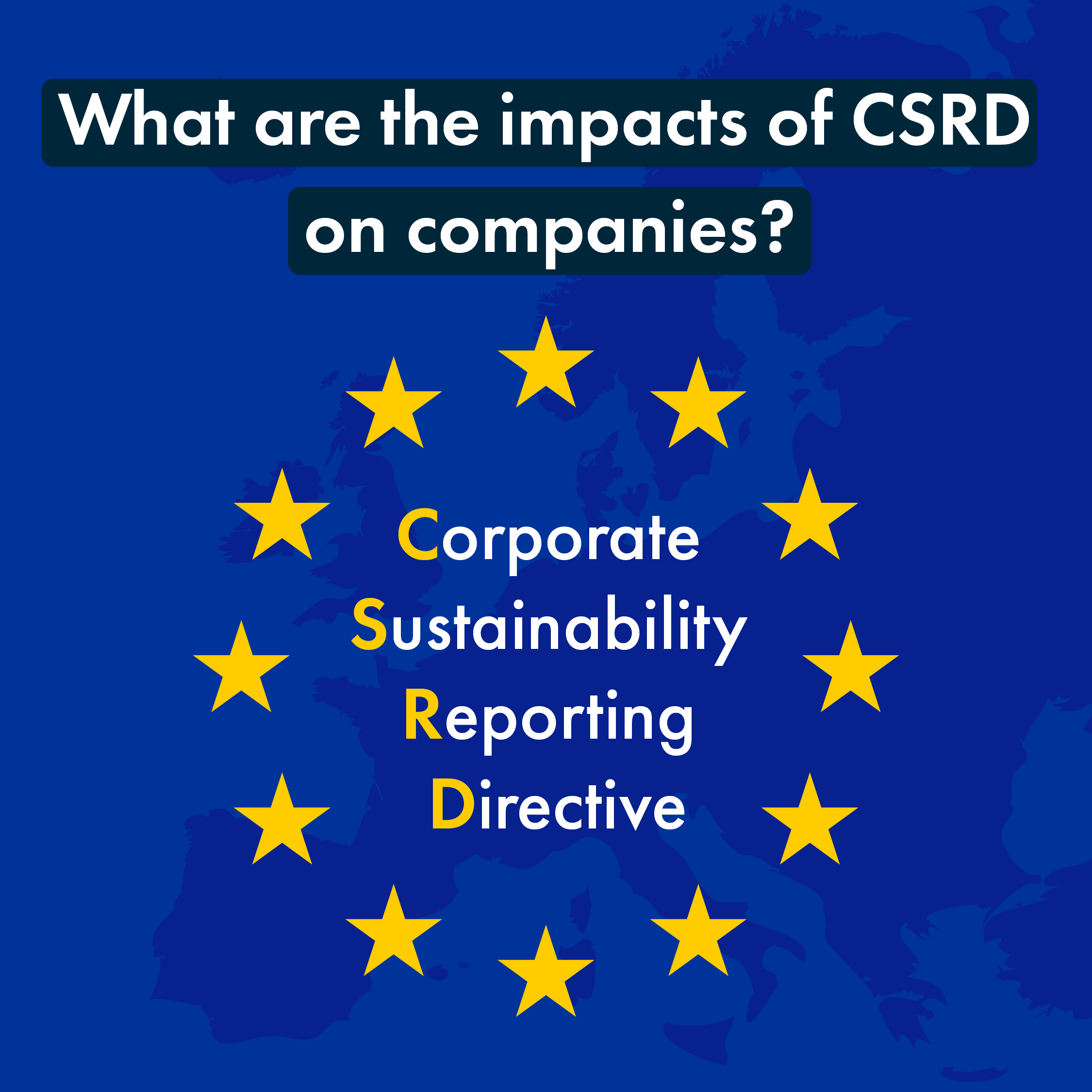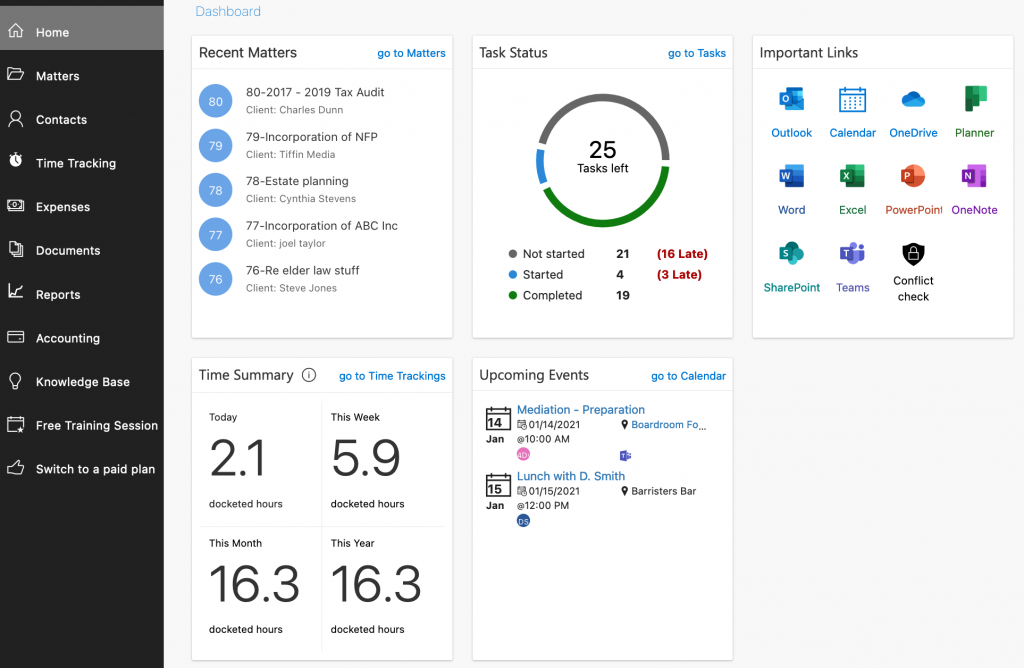
Greening Business: Navigating Environmental Sustainability Regulations
In an era where environmental consciousness is paramount, businesses are increasingly under scrutiny for their ecological impact. Navigating environmental sustainability regulations has become crucial for organizations seeking to align their operations with green practices and contribute to a more sustainable future.
The Imperative for Environmental Sustainability
Environmental sustainability is no longer a buzzword but a necessity. The urgency to address climate change, reduce carbon footprints, and protect ecosystems has led to the establishment of stringent regulations aimed at mitigating environmental harm. Businesses are at the forefront of this movement, compelled to adopt sustainable practices to ensure their long-term viability.
Understanding Environmental Sustainability Regulations
Environmental sustainability regulations encompass a broad spectrum of measures designed to limit the negative impact of business activities on the environment. These regulations can include emission standards, waste management guidelines, energy efficiency requirements, and adherence to eco-friendly practices throughout the supply chain. Comprehending the specifics of these regulations is paramount for businesses aiming to operate sustainably.
Emission Standards and Carbon Neutrality Goals
One of the primary focuses of environmental sustainability regulations is the control of greenhouse gas emissions. Governments worldwide are setting emission standards and encouraging businesses to strive for carbon neutrality. This involves minimizing emissions and offsetting remaining ones through initiatives like reforestation or investing in renewable energy projects.
Waste Management and Circular Economy Practices
Effective waste management is integral to environmental sustainability. Regulations often stipulate proper disposal methods, recycling practices, and the reduction of single-use plastics. Embracing the principles of a circular economy, where resources are reused, recycled, or repurposed, is not only a regulatory requirement but also a strategic approach for minimizing waste and environmental impact.
Energy Efficiency Requirements and Renewable Energy Adoption
Governments are increasingly encouraging businesses to enhance energy efficiency and transition to renewable energy sources. Regulations may incentivize the use of solar, wind, or other clean energy alternatives. Adhering to these requirements not only aligns with environmental sustainability goals but also helps organizations cut energy costs in the long run.
Supply Chain Sustainability and Vendor Compliance
Environmental sustainability regulations extend beyond a company’s immediate operations to encompass its entire supply chain. Businesses are expected to evaluate the environmental practices of their suppliers and ensure that they comply with sustainability standards. This holistic approach emphasizes the interconnectedness of business activities and their impact on the environment.
Corporate Reporting and Transparency Obligations
Many regulatory frameworks now mandate businesses to disclose their environmental impact through corporate sustainability reporting. This transparency not only holds businesses accountable but also allows consumers and investors to make informed choices based on a company’s commitment to environmental responsibility. Integrating sustainability reporting into corporate practices has become a hallmark of responsible business conduct.
Incentives for Sustainable Practices
Governments and regulatory bodies often provide incentives for businesses that go above and beyond minimum environmental sustainability requirements. These incentives may include tax breaks, grants, or recognition programs. Embracing sustainable practices not only ensures compliance but also positions businesses to reap the benefits of these positive incentives.
The Role of Technology in Compliance
Technology plays a pivotal role in helping businesses comply with environmental sustainability regulations. From advanced monitoring systems for emissions to innovative recycling technologies, companies can leverage technological solutions to enhance their environmental performance. Embracing these tools not only aids compliance but also fosters a culture of continuous improvement.
Challenges and Opportunities in Compliance
While complying with environmental sustainability regulations presents challenges, it also opens doors to opportunities. Businesses that proactively address environmental concerns are better positioned to attract environmentally conscious consumers, enhance their brand reputation, and contribute to the global push for a sustainable future.
In conclusion, navigating environmental sustainability regulations is not just a regulatory obligation but a strategic imperative for businesses. Embracing green practices not only ensures compliance with the law but also positions organizations as responsible stewards of the environment. To delve deeper into the world of environmental sustainability regulations and stay updated on best practices, visit Environmental sustainability regulations.




